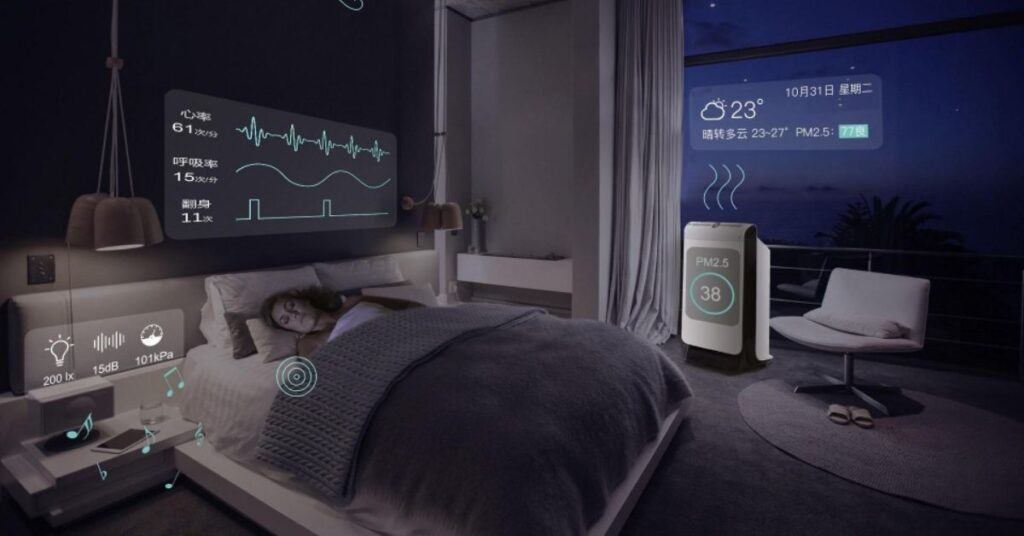Getting a good night’s sleep is so crucial for our overall health and happiness, but it can be challenging to actually achieve. That’s where sleep hygiene comes in! By creating a relaxing environment and adopting some healthy habits, you can wake up feeling energized and refreshed as well as improve the quality of your sleep. We’ve got ten proven tips to share with you that can help enhance your hygiene sleep and make those zzz’s even sweeter. Let’s get to it!
1. Create a Relaxing Bedtime Routine
Having a pre-sleep routine with calming activities like reading, yoga, or a warm bath can signal your body to relax and hygiene sleep. Avoid prompt activities like watching TV or using your phone, as blue light can play havoc with your sleep rhythm.
2. Maintain a Consistent Sleep Schedule
Consistency is crucial for good hygiene sleep. Go to bed and wake up at the same time every day. This helps your body develop a natural rhythm, making it easier to sleep and awaken feeling rested. Stick to a routine, and you’ll sleep soundly!
3. Optimize Your Sleep Environment
Keep your room cool, dark, and quiet. Use blackout curtains, white noise machines, or earplugs to avoid disruptions. Invest in a comfortable mattress and consider orthopedic pillows for better hygiene sleep posture.

4. Limit Stimulants and Caffeine Intake
To hygiene sleep, cut back on caffeine in the afternoon and evening since it might make it hard to fall asleep. Be mindful of medications, energy drinks, and chocolate, which contain caffeine. For a relaxing evening, try herbal tea or warm milk.
5. Exercise Regularly, But Not Too Close to Bedtime
Staying active and exercising regularly is really good for your health in many ways, one of which is that it can help you hygiene sleep. Even just taking a brisk walk or going for a swim for 30 minutes most days of the week can make a big difference. Just try not to do anything too intense too close to bedtime since that can get your body all fired up and make it harder to drift off to sleep.
6. Mind Your Diet
Your diet can affect the quality of your sleep. It’s true! Heavy, rich meals can cause discomfort and indigestion, which can make it harder to fall asleep. If you’re feeling hungry closer to bedtime, it’s best to go for a light snack instead. And if you’re looking for foods that can help promote sleep, ones that are rich in tryptophan, like turkey, dairy, and nuts, can actually help your body produce sleep-inducing neurotransmitters like serotonin.
7. Manage Stress and Anxiety
High levels of stress and anxiety can really mess with your sleep. It can be challenging to wind down at night when your mind is racing. But don’t worry – there are some things you can do to help calm your mind before bed. Have you ever tried deep breathing, meditation, or progressive muscle relaxation? These are all great relaxation techniques that can help you lighten up and drift off to sleep. Another trick is to keep a “worry journal” where you can jot down any concerns before bed.
8. Limit Naps During the Day
If you ever feel like taking a nap, remember that short naps (around 20-30 minutes) help you refresh your body and mind. However, longer or irregular naps disrupt your usual sleep cycle. So, it’s best to nap timely during the day and avoid napping too close to bedtime to ensure you are well-rested for a good night’s sleep. Remember, getting enough sleep is important for your overall well-being and health!
9. Avoid Electronic Devices Before Bed
Blue light from electronic devices can have an adverse impact on your sleep. To get a good night’s rest, turn off tablets, phones and computers an hour before bedtime. If you must use them, try a blue light filter.
10. Seek Professional Help if Needed
If you can’t sleep despite trying, seek professional help. Talk to a healthcare provider or sleep specialist to address any underlying conditions that may be hindering your sleep.
Conclusion:
Getting good sleep is crucial to a healthy lifestyle. The ten proven tips mentioned above will surely help you hygiene sleep; give it a try! Remember, it may take time to find what works for you. Sweet dreams!


